World coffee prices fell sharply last week. Robusta coffee futures for July delivery fell by 58 USD. Arabica coffee futures for July delivery fell by 20.05 cents. Domestic coffee prices fell by an average of 1,500 VND/kg.
According to experts' forecasts, this week's large overbought contracts on the London exchange will hinder the recovery of robusta. Meanwhile, the New York market is in the oversold zone, speculators may need to increase their purchases. Market developments will help the price of Arabica coffee rise again, making it difficult for robusta to fall further. Thus, the increase in coffee prices this week is very positive.
Cooxupé in Brazil - the world's largest coffee cooperative and the country's largest coffee exporter announced that the 2023 harvest is progressing well, higher than 2 years ago.
 |
| Domestic coffee prices today, June 26, increased by 200 - 300 VND/kg in some key purchasing localities. (Source: Coffeeam) |
At the end of this weekend's trading session (June 23), robusta coffee prices on the ICE Futures Europe London exchange fell sharply. Robusta coffee futures for July 2023 delivery fell $54, trading at $2,738/ton. September delivery futures fell $73, trading at $2,676/ton. Average trading volume was high.
The New York Arabica Coffee Futures Exchange fell sharply, the price of Arabica coffee on the ICE Futures US New York for September 2023 delivery fell 5.4 cents, trading at 164.85 cents/lb. Meanwhile, the December 2023 delivery fell 5.2 cents, to 163.85 cents/lb. Trading volume increased sharply.
Domestic coffee prices today, June 26, increased by 200 - 300 VND/kg in some key purchasing localities.
Unit: VND/kg. (Source: Giacaphe.com) |
In the coming time, world coffee prices will be supported by unfavorable weather factors in producing countries. The National Climate Center of the US Government forecasts that there is a 90% chance of El Nino weather conditions occurring later this year, threatening localized drought in producing countries around the Pacific Rim and bringing heavy rain to the main coffee growing regions of Eastern Brazil and West Africa.
In addition, concerns that major central banks will implement a new round of interest rate hikes while the global economy remains unstable have weakened the USD, and speculative capital continues to flow into commodities, including coffee. Demand for robusta coffee is increasing due to the economic recession.
From the end of 2024, the European Union (EU) will ban the import of coffee grown on land originating from deforestation and forest degradation, which is considered a major threat to Vietnam's billion-dollar industry.
Previously, in April 2023, at the ICO Workshop on Anti-Deforestation in April 2023, experts from ENVERITAS (an American non-governmental organization for sustainable development) said that of the 90,000 hectares of forest lost in Vietnam in 2021, 8,000 hectares were in coffee growing areas. This area will be monitored next year, and if used for coffee growing, it will be considered coffee grown on deforested land.
According to the Coffee - Cocoa Association (Vicofa), the EU is an important export market for Vietnamese coffee, accounting for about 40% of Vietnam's total annual coffee exports. Businesses buying Vietnamese coffee are mostly large corporations such as Nestle, JDE, Newman, Louis Dreyfus, etc.
Meanwhile, according to a very large buyer in Europe, the rate of deforestation for coffee production in Vietnam is only less than 0.1%, so the chance that Vietnamese coffee products do not violate EU regulations is very high. The remaining thing is that Vietnam must comply with EU requirements within the next 18 months. In addition, recently the domestic coffee price has reached 70,000 VND/kg, the highest level in history, leading to the risk of people destroying forests to grow coffee.
Source








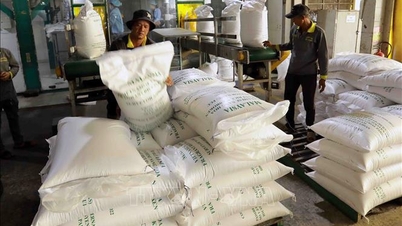



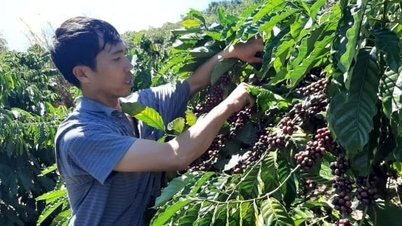

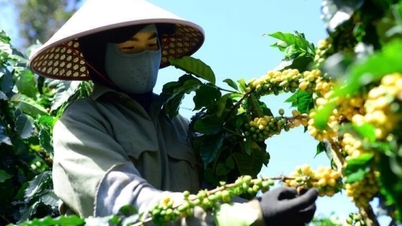
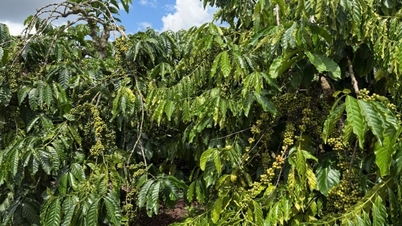


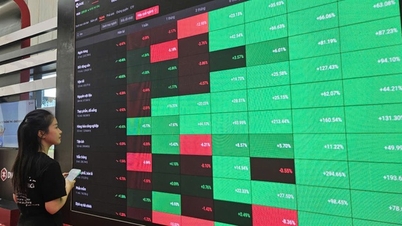

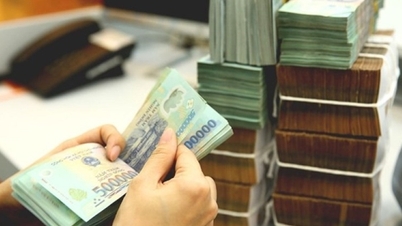




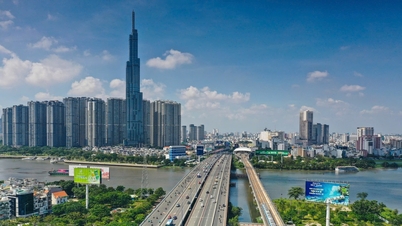

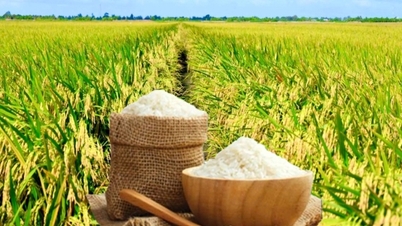





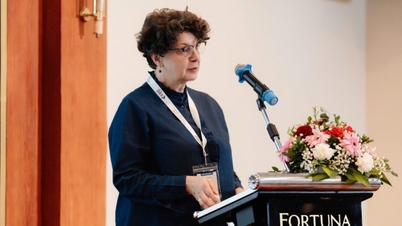
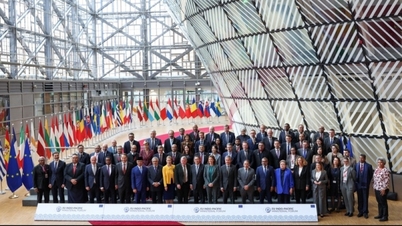















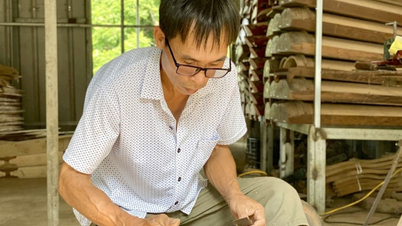





















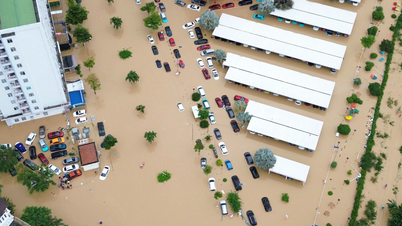
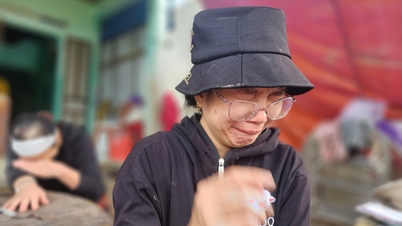
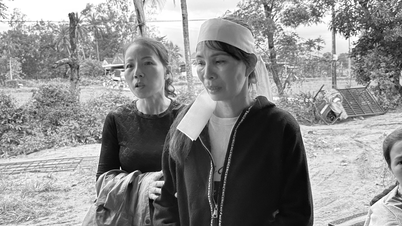
















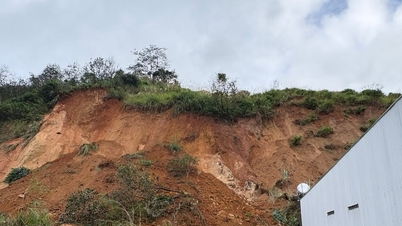


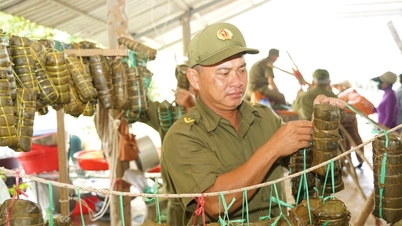













Comment (0)